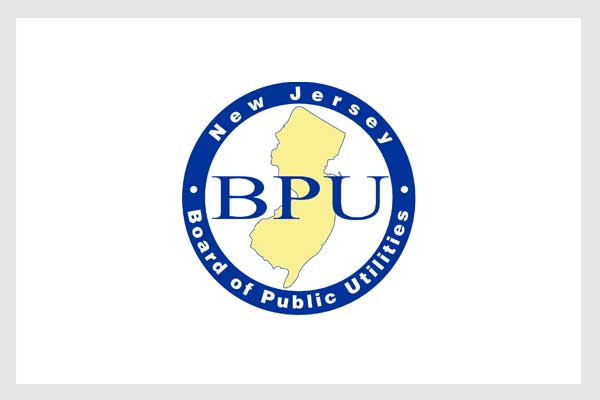- The approved projects will all be located on landfills, brownfields, rooftops, or parking canopies.
- Some of the approved applicants include community groups, government entities, and private developers.
- The projects represent 77.61 MW of solar energy capacity, enough to power an estimated 15,500 homes.
New Jersey — The New Jersey Board of Public Utilities (NJBPU) today approved 45 applications to participate in the first year of its Community Solar Energy Pilot Program. While NJBPU reserved 40 percent of the pilot program’s capacity for projects in which at least 51 percent of the capacity serves low- to moderate-income (LMI) communities, 100 percent of the approved renewable energy projects will serve LMI households in the state. The Board Order, including the list of approved applicants, is available here.
A community solar project is a solar array whose output is divided among multiple participants, known as subscribers. A subscriber can be a home or business that wants to use renewable energy but does not have an array on-site.
The approved projects will all be located on landfills, brownfields, rooftops, or parking canopies. Some of the approved applicants include community groups, government entities, and private developers. The projects represent 77.61 MW of solar energy capacity, enough to power an estimated 15,500 homes.
“My Administration is committed to ensuring that all New Jersey residents are able to live and work in a healthy and clean environment,” said Governor Phil Murphy. “The Community Solar Energy Pilot Program will not only provide clean energy to our state’s residents, but it will also expand access to renewable energy for low and moderate-income communities who have been previously unable to enjoy the benefits of solar energy.”
“There is considerable excitement about community solar in New Jersey, and for all the right reasons, as these projects will grant underserved communities a long-overdue opportunity to participate in clean energy,” said Joseph L. Fiordaliso, President, NJBPU. “It’s critical to ensure equitable access to clean energy, delivering the benefits of solar to those who were previously shut out of an industry that typically only wealthier communities could afford.”
The Community Solar Energy Pilot Program is a key component of Governor Murphy’s goal of achieving 100 percent clean energy by 2050, and it supports his vision for a stronger and fairer New Jersey. With community solar, LMI households—which often cannot take advantage of solar energy due to economic circumstance or lack of roof control—will be able to participate in a more equitable solar market through projects located within their electric public utility’s distribution territory.
The Board received a total of 252 applications for the first year of the pilot program, representing more than 650 MW of total capacity. Two hundred and thirty-two of those applications were for projects where at least 51 percent of capacity would benefit LMI residents.
The application process gave additional points to projects that were developed in collaboration with the communities and that will provide tangible bill savings to subscribers.
NJBPU anticipates awarding at least an additional 75 MW during both the second and third years of the program, which will provide electricity to an estimated 45,000 homes over the three-year period. In early 2020 the NJBPU will ask for stakeholder feedback in response to program year one; the second year of the program will be opened in 2020. The pilot program will generate crucial market information and implementation data, and will inform the development of a permanent community solar program once the three-year pilot is completed.













Comments